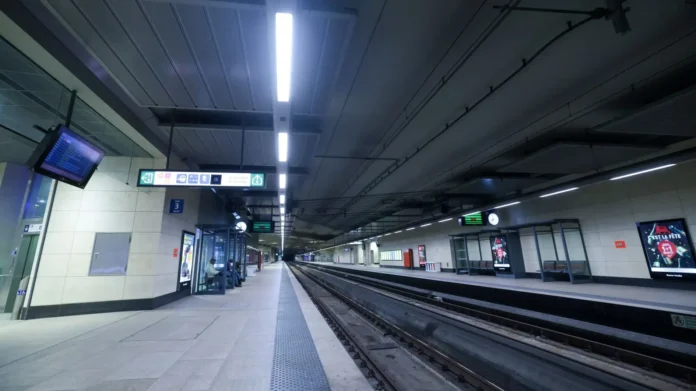Belgium entered a week of major disruption on Monday as a three-day nationwide strike began, with unions protesting government austerity plans tied to efforts to reduce the country’s soaring national debt.
The action is unfolding in stages. Train services and other public transport were the first to halt, with the national rail operator, SNCB, expecting to run only one or two out of every three trains. Several Eurostar services between Brussels and Paris were cancelled.
On Tuesday, schools, creches and hospitals are expected to join the walkout. By Wednesday, unions have called for a complete shutdown across all sectors. No flights are expected that day at the country’s two main airports, Bruxelles-Zaventem and Charleroi.
The strike was called by Belgium’s major unions, who remain at odds with Prime Minister Bart De Wever over his push for sweeping cost-cutting measures. Belgium’s debt ranks among the highest in Europe, alongside Greece, Italy and France.
Just hours before the strike began, De Wever’s five-party coalition announced a long-delayed agreement on a multi-year budget plan. The deal includes expanded government savings and new revenue sources, such as increases to some value-added taxes and investment taxes. Part of the plan is aimed at supporting a rise in military spending.
“Work today, and reap the fruits tomorrow,” De Wever wrote on X as he welcomed the budget accord. In a separate interview with RTBF radio, he admitted that “everyone is going to feel some of the impact of what we are asking for,” describing the negotiations as “a big mountain to climb.”
In office since February, the Flemish conservative leader has pushed for structural reforms covering labour market rules, unemployment benefits and pensions. Only a handful of the proposals have taken effect so far due to divisions within his coalition.
Unions say the strike is meant to intensify pressure on the government as internal negotiations continue. In a joint statement, they called on De Wever and his cabinet to halt what they described as the “dismantling of social programs.” The socialist union FGTB accused the prime minister of showing “contempt” for the movement.
Earlier demonstrations have had varied success. In mid-October, tens of thousands marched in Brussels to denounce what they labelled “brutal” budget cuts.

